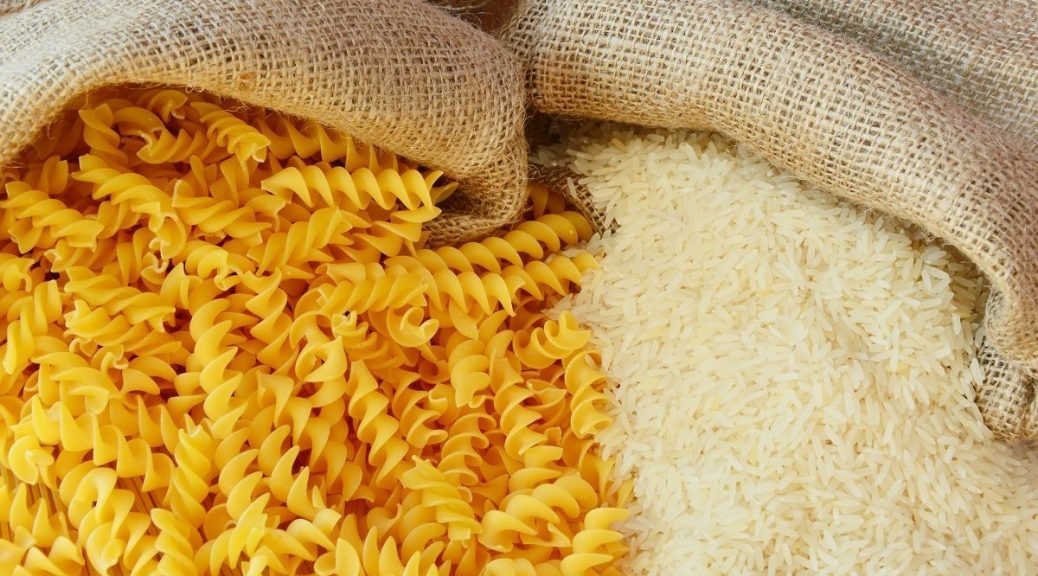Diets high in refined pasta and white rice linked to early menopause

A new study from the UK has found that a diet high in refined pasta and rice was associated with women getting menopause at a younger age, while a high intake of fresh legumes and oily fish was associated with a later onset of menopause.
The study, conducted by researchers from the University of Leeds and published in the Journal of Epidemiology and Community Health, also found that a higher intake of vitamin B6 and zinc also helped postpone menopause to a later date.
Another finding from the study was that vegetarian women on average experienced menopause at an earlier age that non-vegetarian women. The authors of the report noted, “Previous studies have demonstrated that high fibre and decreased fat intakes were both associated with a lower oestrogen level, which may account for the earlier age at natural menopause among vegetarians.”
Perhaps not surprisingly a higher consumption of savoury snacks and soft drink in the diets of non-vegetarian women was also associated with earlier menopause.
For the purposes of the study the fresh legume category comprised peas, (including mushy peas), snow peas and green beans. Oily fish includes salmon, trout, tuna, mackerel sardines, herring and anchovies.
Pasta made from refined white flour and white rice were the foods included in the refined pasta and rice category.
The study followed 14,172 women over a 4-year period and during that time 914 women went through a natural menopause. The study was part of a wider study, The UK Women’s Cohort Study (UKWCS) which follows the health journeys of 35?372 women aged between 35 and 69 years.
The study is important because previous research has found a link between early menopause and lower bone density and osteoporosis, while other studies have shown links to increased risk of cardiovascular and coronary diseases.
However the authors of the study note, “In contrast, a late menopause has been associated with a higher risk for breast, ovarian and endometrial cancers.
